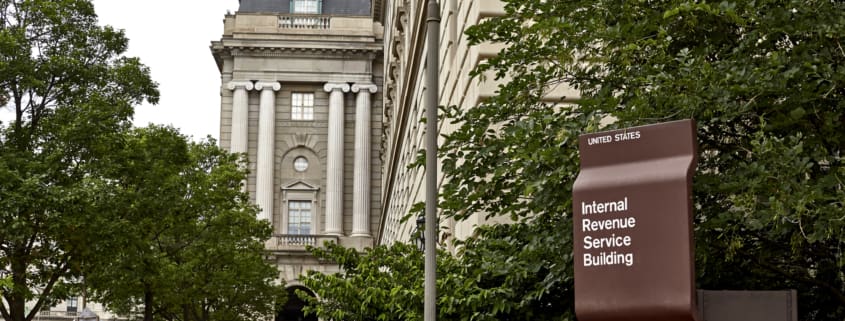IRS Audits: Common Questions [Part 1: VIDEO]
At Milikowsky Tax Law, we frequently encounter questions from clients about the intricacies of IRS audits. It’s essential to understand the process and the expectations to navigate these situations effectively. Below, John Milikowsky, founder of Milikowsky Tax Law, offers expert advice on common queries regarding IRS audits.
Understanding the Importance of Providing Records
When you receive an IRS audit letter identifying various expenses for examination, it’s crucial to provide the requested records promptly. While substantiating income is essential, particular emphasis should be placed on documenting expenses, including mileage, travel, and cost of goods sold.
Failure to provide records or ignoring the IRS can have serious consequences, potentially resulting in the disallowance of expenses and a higher tax bill.
Addressing Additional Income Discovered by the IRS
In addition to scrutinizing expenses, the IRS may uncover additional income during the audit process. This could occur through bank statements revealing deposits not reported on the tax return. It’s imperative to be prepared to justify any discrepancies and demonstrate why certain deposits should not be considered taxable income.
Effective communication and negotiation with the IRS can help mitigate potential issues and build credibility with the revenue agent.
Providing Substantiation for Expenses
To substantiate expenses, it’s essential to gather and present documentation from third parties, such as invoices and check payments. While accounting system records like profit and loss statements and general ledgers can provide valuable insights, they must be supported by external evidence to validate their accuracy. Emphasizing transparency and distinguishing between business and personal expenses is key to navigating the audit process successfully.
Negotiating and Building Trust with the IRS
Negotiating with the IRS can be a strategic approach to streamline the audit process and focus on key areas of concern. By prioritizing the substantiation of larger expense items and demonstrating cooperation and transparency, businesses can establish credibility and foster trust with the IRS agent.
While spot checks may still occur, proactive engagement and thorough documentation can help facilitate a smoother audit experience.
Answering Common IRS Audit Questions
Facing an IRS audit can be intimidating, but understanding the process and knowing how to address common questions can help alleviate anxiety and ensure a smoother experience. Here are some frequently asked questions related to IRS audits, along with expert insights to guide you through:
1. Do I have to provide all the records requested in the IRS audit letter?
Absolutely. It’s crucial to provide all requested records promptly and thoroughly. While the IRS may initially focus on examining certain expenses, it’s essential to substantiate all aspects of your tax return, including income and deductions. Failure to provide records or ignoring the IRS’s requests can lead to the disallowance of expenses and potentially higher tax liabilities.
2. What if the IRS finds additional income that I didn’t report on my tax return?
If the IRS uncovers additional income during the audit process, such as unreported deposits in your bank statements, it’s essential to address this promptly and transparently. Be prepared to justify any discrepancies and provide documentation to support your claims. Effective communication and negotiation with the IRS can help mitigate potential issues and ensure a fair resolution.
3. How can I substantiate my expenses during an IRS audit?
Substantiating expenses is critical during an IRS audit. Gather and present documentation from third parties, such as invoices, receipts, and canceled checks, to support your claims. While internal records like profit and loss statements can provide insights, they must be corroborated by external evidence to validate their accuracy. Emphasize transparency and distinguish between business and personal expenses to strengthen your case.
4. Can I negotiate with the IRS during the audit process?
Yes, negotiation with the IRS can be a viable strategy to streamline the audit process and address key areas of concern. Prioritize the substantiation of larger expense items and demonstrate cooperation and transparency to build credibility with the IRS agent. While the IRS may still conduct spot checks, proactive engagement and thorough documentation can facilitate a smoother audit experience and potentially lead to a more favorable outcome.
5. What if I’m unsure about certain aspects of my tax return during the audit?
If you’re unsure about certain aspects of your tax return or have questions during the audit process, don’t hesitate to seek professional guidance. Tax attorneys or certified public accountants (CPAs) with expertise in IRS audits can provide valuable insights and assistance, helping you navigate complex tax regulations and achieve the best possible outcome.
Learn More About Milikowsky Tax Law
At Milikowsky Tax Law, we have over a decade of experience working with IRS and tax audits. We’re experts in defending business owners in the face of IRS or other government agency audits.
Interested in learning more? Read on to learn how to respond to an IRS audit.



